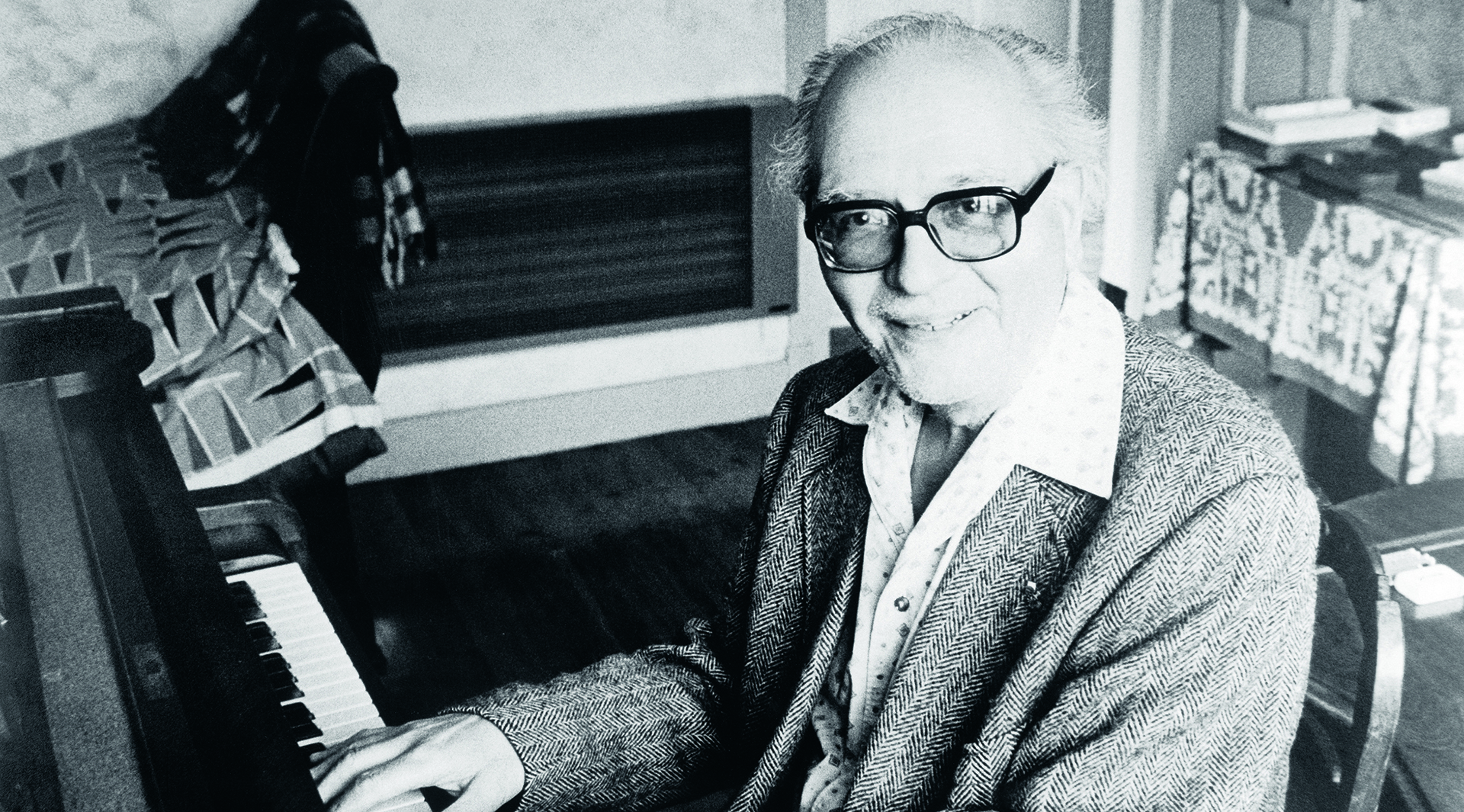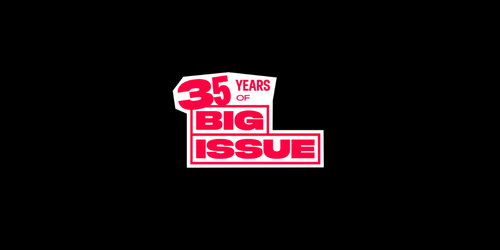With our attention firmly focused on all things European – and some side-eye at matters in the US – a diversion to South America was just the ticket. Not literally (well, not yet, anyway), but to the Brazilian Embassy in London, for the launch of an ambitious and timely project to bring neglected Brazilian classical music to wider attention. Brasil em Concerto sees 100 major works from 19th and 20th-century Brazilian composers released via the Naxos label, in a long-term recording programme featuring the São Paulo Symphony Orchestra, the Goiás Philharmonic Orchestra and the Minas Gerais Symphony Orchestra among others.
Most of the works recorded for the series have never been available outside Brazil, and many will be world premiere recordings. This is an enormous undertaking, as lots of the works are currently only available in manuscript form, ie the composer’s scrawl. As part of the project, the Brazilian Academy of Music will work with the orchestras to prepare new or first editions of the works, so that scores will be available for future generations worldwide.
Brazilian pianist Sonia Rubinsky (who has recorded the complete piano music of Brazil’s most famous musical export, Heitor Villa-Lobos) was a convincing advocate for the genre as she performed works by Villa-Lobos, Alberto Nepomuceno and Almeida Prado. The latter’s Cartas Celestes XII (2000) was dedicated to Rubinsky and features highly demanding virtuosic explosions of colour; the upper-octave melodies evoke the twinkling of stars and the constant use of pedal adds an additional other-worldly element. Prado was fascinated by the sky and constellations, using the patterns of the stars within his music. The influence of Olivier Messiaen, with whom he studied during the early 1970s, can be heard in his approach.
As a keen ornithologist, Messiaen would often record and transcribe bird calls, which would form musical motifs
Messiaen is best known for his works inspired by birdsong. As a keen ornithologist, the composer and his partner, the pianist Yvonne Loriod, would often record and transcribe bird calls, which would form musical motifs. Messiaen’s most famous creation, Catalogue d’oiseaux, is a solo piano work that comprises 13 pieces named after birds found across France. Pianist Huw Watkins performs Le Merle Bleu (Blue Rock Thrush) and L’alouette Calandrelle (Greater Short-toed Lark) at London’s Queen Elizabeth Hall (May 24) as part of the Royal Society for the Protection of Birds (RSPB) and City of London Sinfonia (CLS)’s spring concert series Absolute Bird, which explores the sounds of nature. Music includes favourites such as Vaughan Williams’ The Lark Ascending and the traditional Sumer is icumen in, with its catchy refrain ‘Sing Cuckoo’. The series opens with an Australian-themed concert Sounds of the Outback (May 3), conducted by Jessica Cottis, featuring excerpts from Hollis Taylor’s Absolute Bird series, from which CLS’s programme takes its name. Not to be outdone, the RSPB is releasing Let Nature Sing, a recording of birdsong, with the ambitious aim of entering the charts – something that surely would have delighted Messiaen.
Let Nature Sing is available from April 26






